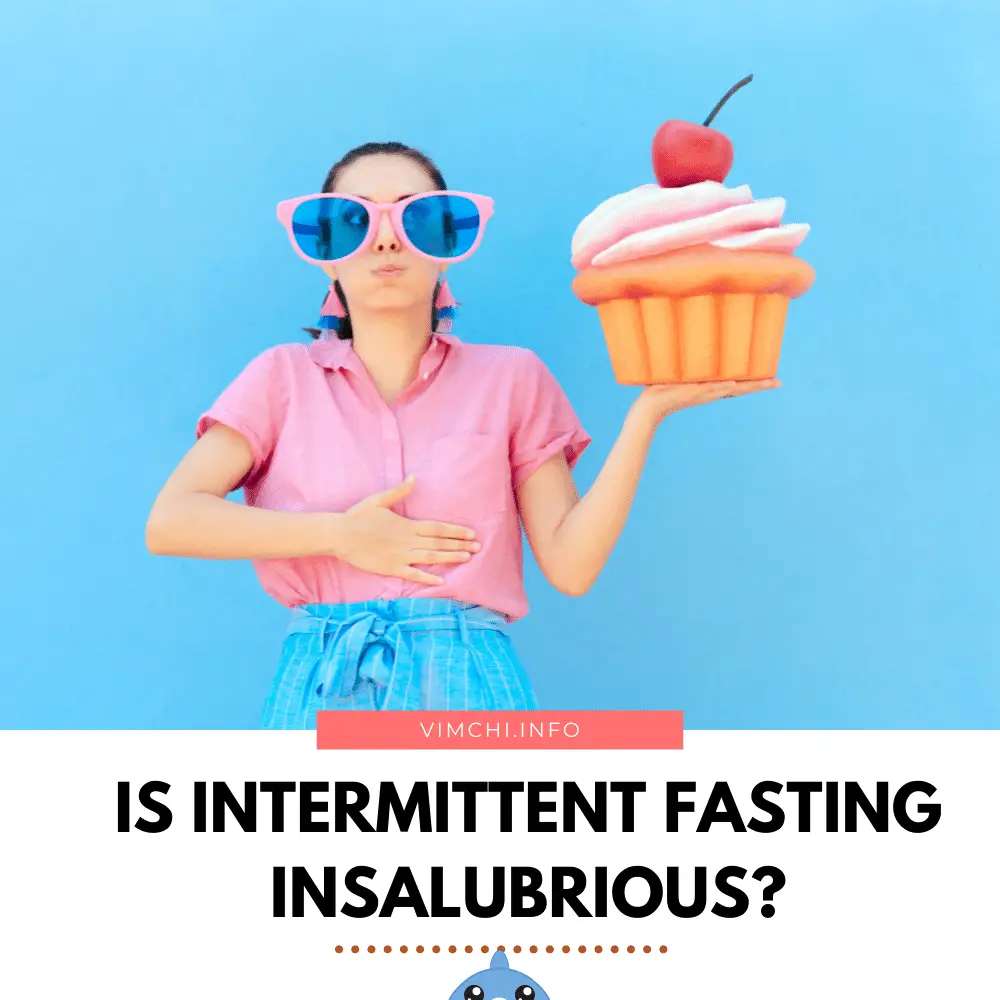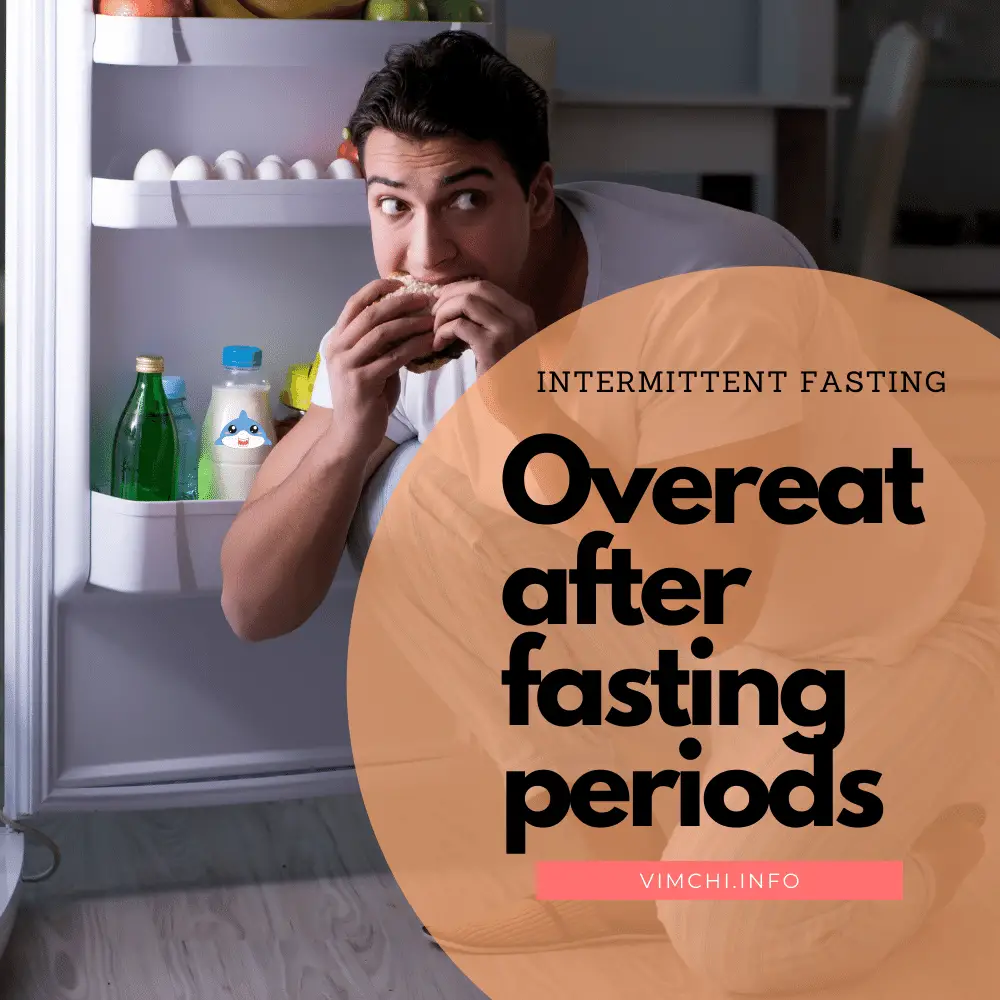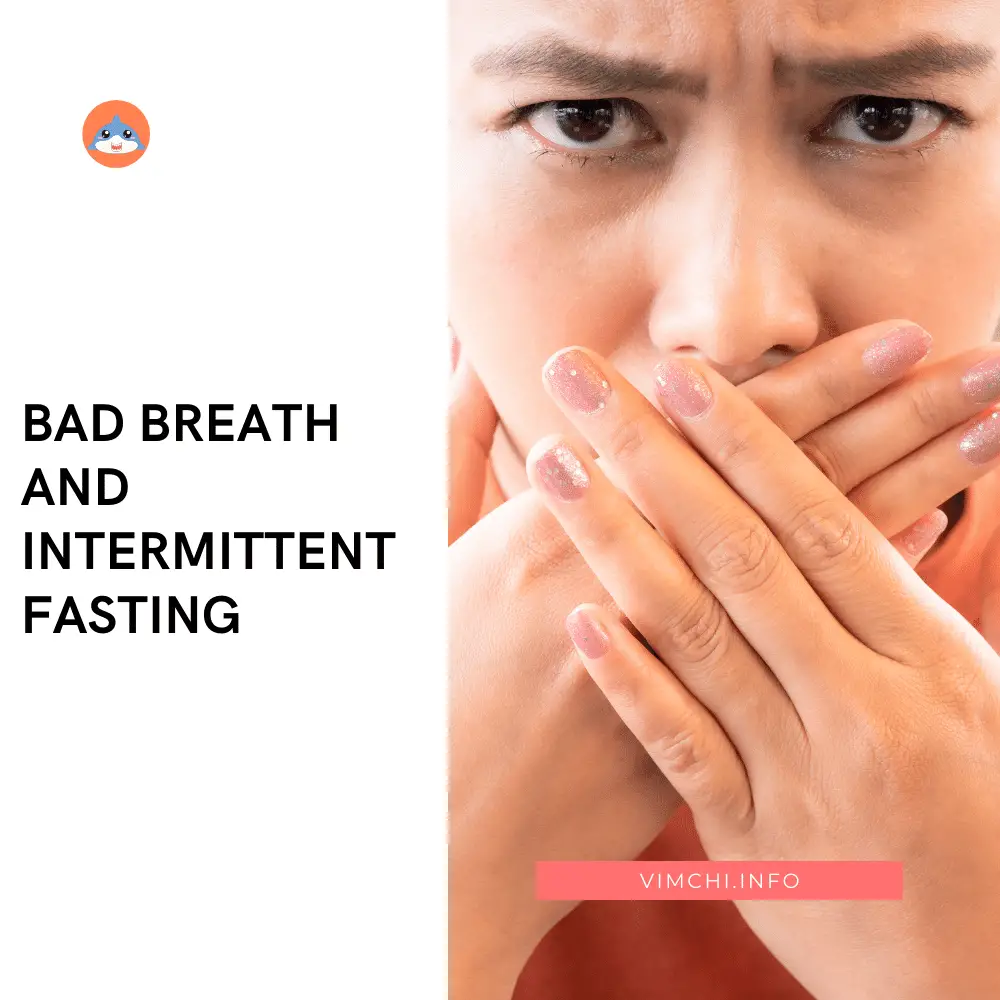Every time I tell my friends that I follow an intermittent fasting plan, they would ask about its dangers. Is that harmful to your health? What are the intermittent fasting dangers you must be aware of (if there are any)?

As I always say here, intermittent fasting isn’t for everyone.
This eating plan has become an increasingly popular way to improve health and lose weight or maintain weight.
The overall idea here is to shorten your eating window per day to cut calories.
But is it a dangerous eating plan?
What are the Dangers of Following an Intermittent Fasting?

Triggers an Eating Disorder
If one or some of your family members suffer from an eating disorder, then intermittent fasting isn’t the right plan for you.
This eating plan may trigger an eating disorder. Experts don’t recommend any diet plan that involves fasting.
You likely take it too far in a way that you make your meals smaller and smaller and smaller until your body weight would just melt off.
Food deprivation may lead to an eating disorder if you’re susceptible to it. The longer you don’t eat, the longer it affects how your brain responds to thoughts about food.
When you start to introduce food, it might cause a starve-binge mentality.
But it hinges on the type of intermittent fasting you follow and the kind of person you are.
Some people are just too susceptible to develop an eating disorder because of their genetics and other factors, like being a perfectionist.
However, it’s important to remember that a lot of people follow this eating plan without developing an eating disorder.
Causes Headaches, Crankiness, and Lethargy
They are common side effects of intermittent fasting. Headaches, crankiness, and lethargy typically emerge during the first few days of trying out this eating plan.
Fasting headaches are located in the frontal region of the brain. The pain can be mild or moderate.
Low blood sugar and caffeine withdrawal are contributing factors to headaches during IF.
If you experience moderate to severe headaches during the fasting period, consider switching to a shorter fasting period, like 12 hour-fasting or an 8-hour fast.
Causes Overeating

You’re likely to overeat after fasting periods. The reason for this is that the appetite hormones in your brain are in overdrive because of food deprivation.
As humans, we want to reward ourselves after working hard. For instance, if you exercise for a long period, you’re likely to indulge in unhealthy eating habits during your non-fasting days.
As a result, you gain weight.
To combat this, however, you should only eat the right amount of calories during your eating window.
It’s also beneficial to practice mindful eating.
Mindful eating won’t just lower the risk of encountering the dangers of intermittent fasting but it also helps you feel better.
Mindfulness is a form of mediation. Mindful eating uses mindfulness to reach a state of full attention to your cravings when you eat.
It involves eating slowly and avoid those distractions. Then, listen to those hunger cues. When you feel full, you should stop eating.
Mindful eating also involves knowing what true hunger and non-hunger triggers are.
When you eat, engage your senses. Notice the smell, sound, texture, and flavor of your food. Learn how to cope with guilt about food.
Instead of feeling guilty about the food you’re eating, you notice its positive effects on your body.
With mindful eating, you’ll appreciate your food even more, thereby, avoiding operating.
Causes You to Lose Too Much Weight
Indeed, some people who follow intermittent fasting have lost a lot of weight. But it could also be risky in some cases.
If you’re losing too much weight, it could affect your bones, immune system, and energy level.
Nutritional deficiencies can weaken your bones and cause them to be brittle. If you don’t eat or supplement your diet with vitamin D, calcium, and phosphorus, then you’re likely to suffer from it.
Hence, if you’re following one form of IF, it’s highly recommended to also take supplements.
When you don’t get enough nutrients, your immune system will suffer. You’ll be at high risk of infections.
Thus, make sure to eat the right food during your eating period. You must avoid unhealthy and processed food.
Read: 7 Minerals to Consider When Intermittent Fasting
Feeling tired is a common side effect of IF. Your body runs on less energy than usual. Because fasting may boost stress levels, it can also disrupt your sleeping patterns causing you to feel tired the following day.
To counteract it, you should try meditation. Engage in stress-lowering activities. When you exercise, schedule it during your eating periods.
Causes Breath to Stink

It’s an unpleasant side effect. The cause of it is the lack of salivary flow and the increased acetone level in the breath.
Intermittent fasting may cause your body to utilize fat for fuel. During fat metabolism, acetone is produced. Acetone can cause that stinky breath.
Bad breath is also the result of dehydration. It’s a symptom linked to intermittent fasting. When you are dehydrated, it causes dry mouth that can lead to bad breath.
Who Must Avoid Intermittent Fasting?
As mentioned, intermittent fasting isn’t for everyone. It’s a smart choice for some people.
Unfortunately, others are at risk of the dangers of intermittent fasting. Because IF isn’t risk-free, pregnant or breastfeeding women should avoid it if necessary.
It’s also not for young kids and teens.
If you are immune-compromised, it might not be ideal for you. Furthermore, this eating plan is not ideal if you are at risk of an eating disorder.
If you are taking medications, you should first discuss the benefits and risks of IF with your physician before you start this eating plan.
There are also prolonged dangers when you practice intermittent fasting. They are signs indicating that IF isn’t working for your body.
If you experience extreme hunger, irritability, headaches, fatigue, and faintness, then you must stop intermittent fasting.
Even though intermittent fasting has a lot of health benefits, it’s not for the faint-hearted.
Conclusion
These intermittent fasting dangers might discourage you to avoid this eating plan. Or if you wish to try it, make sure to talk to your doctor, especially if you are taking medications, pregnant, or breastfeeding.
Again, if you’re suffering from an eating disorder before, then you should not try fasting without first talking to your doctor.
If you wish to know more about intermittent fasting, check out this article about Intermittent Fasting and Gaining Fat. Or read this instead –> Will Intermittent Fasting Slow Down Your Metabolism?